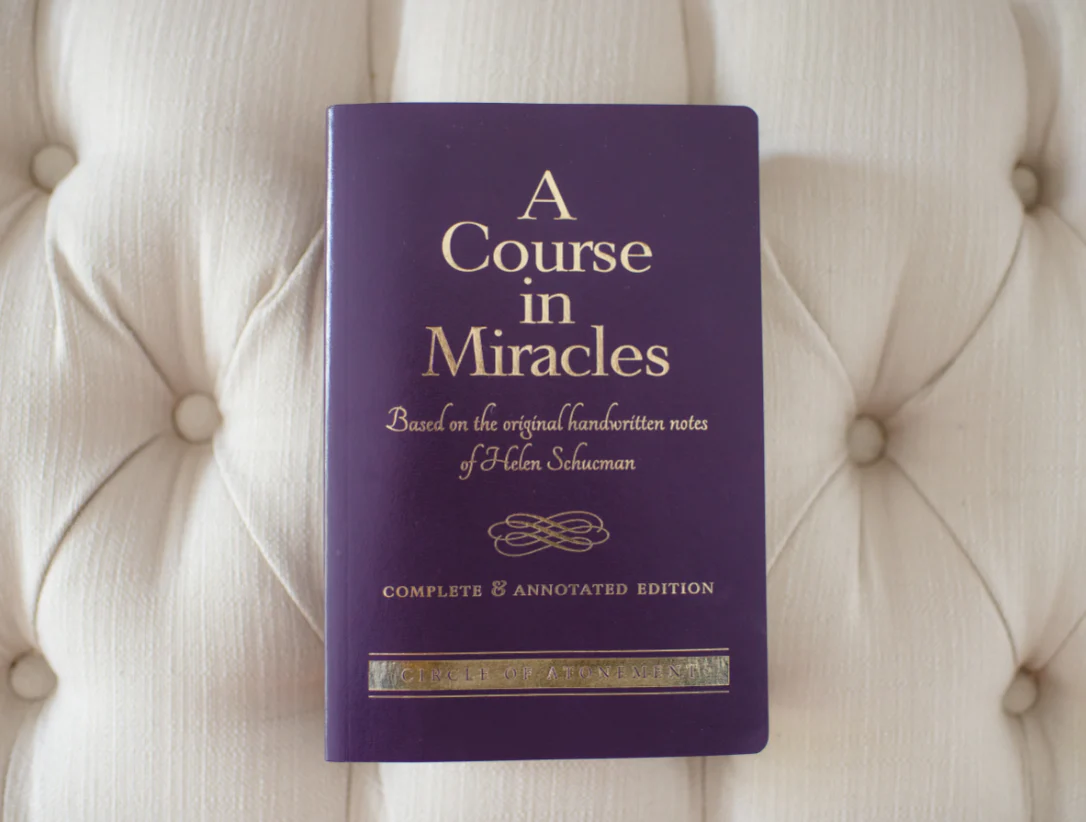
As students of A Course in Miracles (ACIM Audios), we seldom ask ourselves what we value and even then, we most certainly will not admit to finding value in fear, guilt, anxiety, attack, judgment, punishment, pain and suffering. Such insanity is prized above all else because we believe we deserve punishment. Consider the song, “Amazing Grace” which has a line, “That saved a wretch like me.” According the ego, we are such a poor, unhappy, despicable and contemptible person (a wretch), i.e., guilty and thus deserving of punishment. A barrage of attacks maintains this illusion and hence why the Course says attack must be relinquished entirely (T-7.VI.1) as it is of the ego and seeing value in suffering. We always keep what we value.
The word symbol definition for “value” is, “The regard that something is held to deserve; the importance, worth or usefulness of something.” Honestly, we all value the ego and its qualities. After all, it is what “saves” us from the vengeful God. Never mind that the ego is also what said (and we believed) that God is vengeful. It’s both sides of the same coin.
Harm is the outcome of judgment. It is the dishonest act that follows a dishonest thought. It is a verdict of guilt upon a brother, and therefore on oneself (M-4.IV.1).
There is sufficient material both in the Course and the writings of Kenneth Wapnick to substantiate judgment as the obvious cause that leads directly to the effect of pain, suffering and anxiety, i.e., harm. There are two Lessons (281 and 330) on not harming ourselves today and a video by Wapnick with the same title. Wapnick’s video explains very eloquently the point the Course is making in these lessons as well as tying together the theory of the Course. I’ll summarize the key points.
Harm is the choice for the wrong teacher – the teacher of judgment, the teacher of guilt – the ego. Harm refers to the choice to maintain the separation in the mind by choosing to value guilt because we believe we sinned against God and Heaven. We continue to see (value) differences and separation and thus we must value special love and special hate relationships to meet our special needs.
To clarify the point, special love meets our needs as we perceive those needs; and special hate is for those who deny our perceived needs. Both require judgment of others (meeting or not meeting need); but the judgment is first on ourselves about those needs, for example. In the illusion, there is lack and hence needs. We value what we take from others (laws of chaos which govern all illusions T-23.II.20). We are willing to harm (judge, attack) others to get those needs met because you only have what you take.
We continue to separate from others (maintain the separation in the mind) by judging them and making them into these special love or hate partners (one or the other which is the ego’s motto). All of this judgmental separation is an outward projection of the inward condition of the mind, i.e., a mind in conflict.
